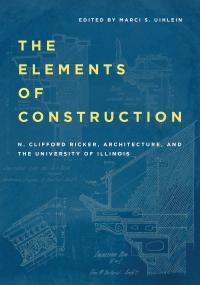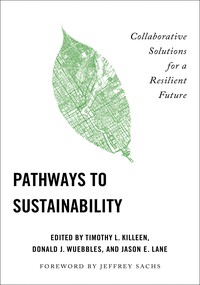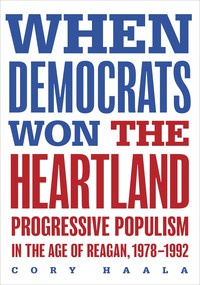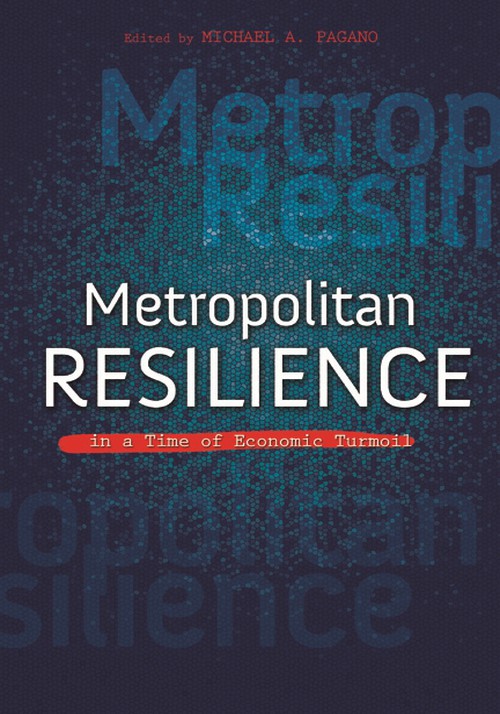
Metropolitan Resilience in a Time of Economic Turmoil
About the Book
Cities, counties, school districts, and other local governments have endured a long-lasting period of fiscal challenges since the beginning of the Great Recession in 2007. Metropolitan governments continue to adjust to the "new normal" of sharply lower property values, consumer sales, and personal income. Contributors to this volume include elected officials, academics, key people in city administrations, and other nationally recognized experts who discuss solutions to the urban problems created by the Great Recession.Metropolitan Resilience in a Time of Economic Turmoil looks at the capacity of local governments to mobilize resources efficiently and effectively, as well as the overall effects of the long-term economic downturn on quality of life. Introducing the reader to the fiscal effects of the Great Recession on cities, the book examines the initial fraying and subsequent mending of the social safety net, the opportunities for pursuing economic development strategies, the challenges of interjurisdictional cooperation, and the legacy costs of pension liabilities and infrastructure decay.
Contributors are Phil Ashton, Raphael Bostic, Richard Feiock, Rachel A. Gordon, Rebecca Hendrick, Geoffrey J. D. Hewings, David Merriman, Richard Nathan, Michael A. Pagano, Breeze Richardson, Annette Steinacker, Nik Theodore, Rachel Weber, and Margaret Weir.
* The College of Urban Planning and Public Affairs of the University of Illinois at Chicago and the University of Illinois Press gratefully acknowledge that publication of this book was assisted by a grant from the John D. and Catherine T. MacArthur Foundation.
About the Author
Michael Pagano is dean of the College of Urban Planning and Public Affairs and professor of public administration at the University of Illinois at Chicago (UIC). He is a fellow of the National Academy of Public Administration, faculty fellow of UIC's Great Cities Institute, and coeditor of The Dynamics of Federalism in National and Supranational Political Systems.Also by this author
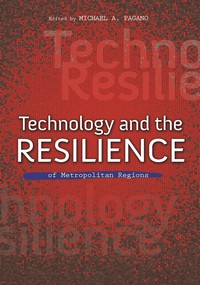

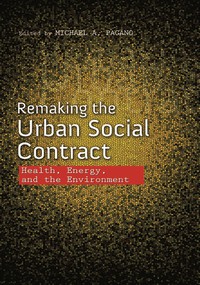
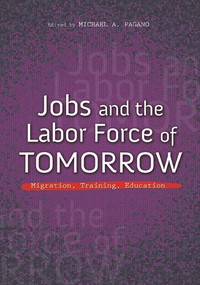
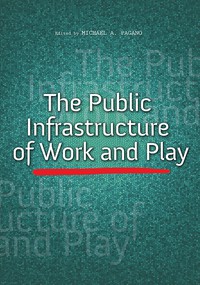
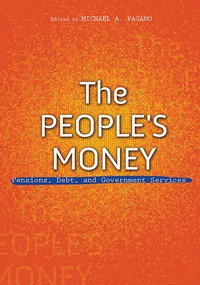
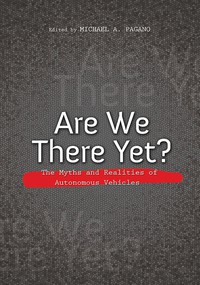
Reviews
"This book reveals the potential of metropolitan regions to cure, but also to transcend, endemic impasses beyond their respective borders. This well-written and insightful book is a must-read for scholars as well as policy makers."--Political Studies ReviewBlurbs
"Particularly important at a time when cities and metros are compelled to innovate and problem-solve on their own, given the absence of federal and often state leadership."--Bruce Katz, coauthor of The Metropolitan Revolution
"In this book, Michael A. Pagano brings together a stellar set of multidisciplinary and multigenerational scholars to reconsider the urban agenda in the post–Great Recession era. They offer a coherent focus on local capacities for adaptation and change in dealing with core issues such as infrastructure, pensions, economic vitality, social safety nets, and collaborative initiatives."--Susan E. Clarke, coeditor of The Oxford Handbook on Urban Politics


